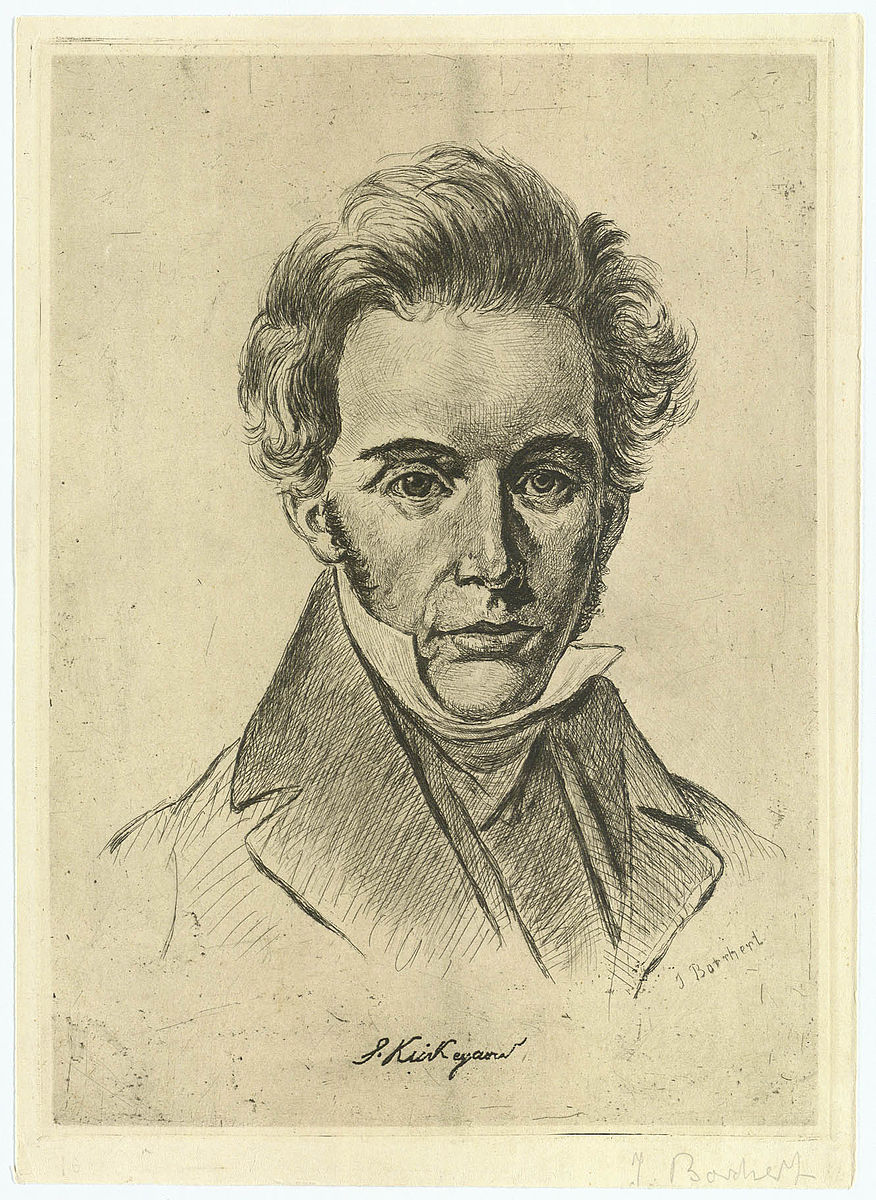The following is the second insatallment of a three-part series. The first can be found here. Kierkegaard’s Agapic Gift Economy In his late authorship Kierkegaard articulates the social ontology that has implicitly grounded his previous works, calling for his readership to reassess the site and mode of Kierkegaard’s beginnings, the starting point of existential relation. […]
Month: May 2020
Revolutionary Love – Kierkegaard’s Gift Economy As A Religious Corrective To The Leveling Of The Public Sphere, Part 1 (Andrew Ball)
The following is the first of a three-part series. Though Kierkegaard is typically considered to be the consummate philosopher of the single individual, his critique of secular modernity and institutional Christendom provide us with greater insight into the place of the social and political spheres in the trajectory of his authorship and existential thought. His […]
“Naming The Darkness,” Spiritual Violence, And Radical Incompleteness – Resituating A Political Theology, Part 2 (James E. Willis, III)
The following is the second of a two-part series. The first can be found here. Martin Hägglund: Democratic Socialism A philosophy of finite human time is one way to read Martin Hägglund’s recent This Life because time is of critical importance in his corpus to date[1]. His interpretation of Marx centers on “labor time” to […]
“Naming The Darkness,” Spiritual Violence, And Radical Incompleteness – Resituating A Political Theology, Part 1 (James E. Willis, III)
The Death of God theological movement of the mid-twentieth century serves as a productive starting place to consider spiritual violence in our time, or the forceful displacement of human relations in religious belief both as individuals and as a community. Spiritual violence is examined through a political reading of Simon Critchley’s mystical anarchy and Martin […]



